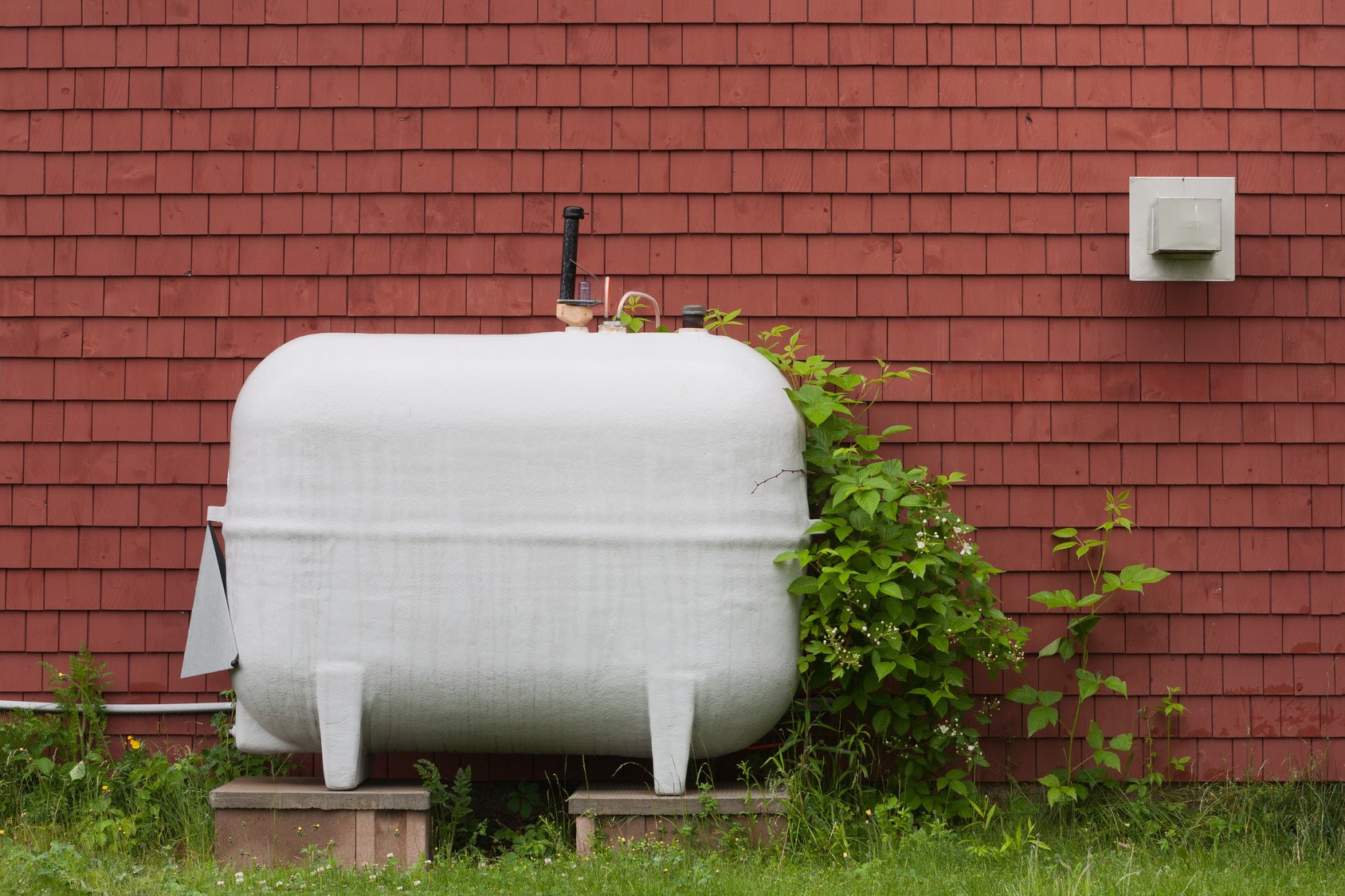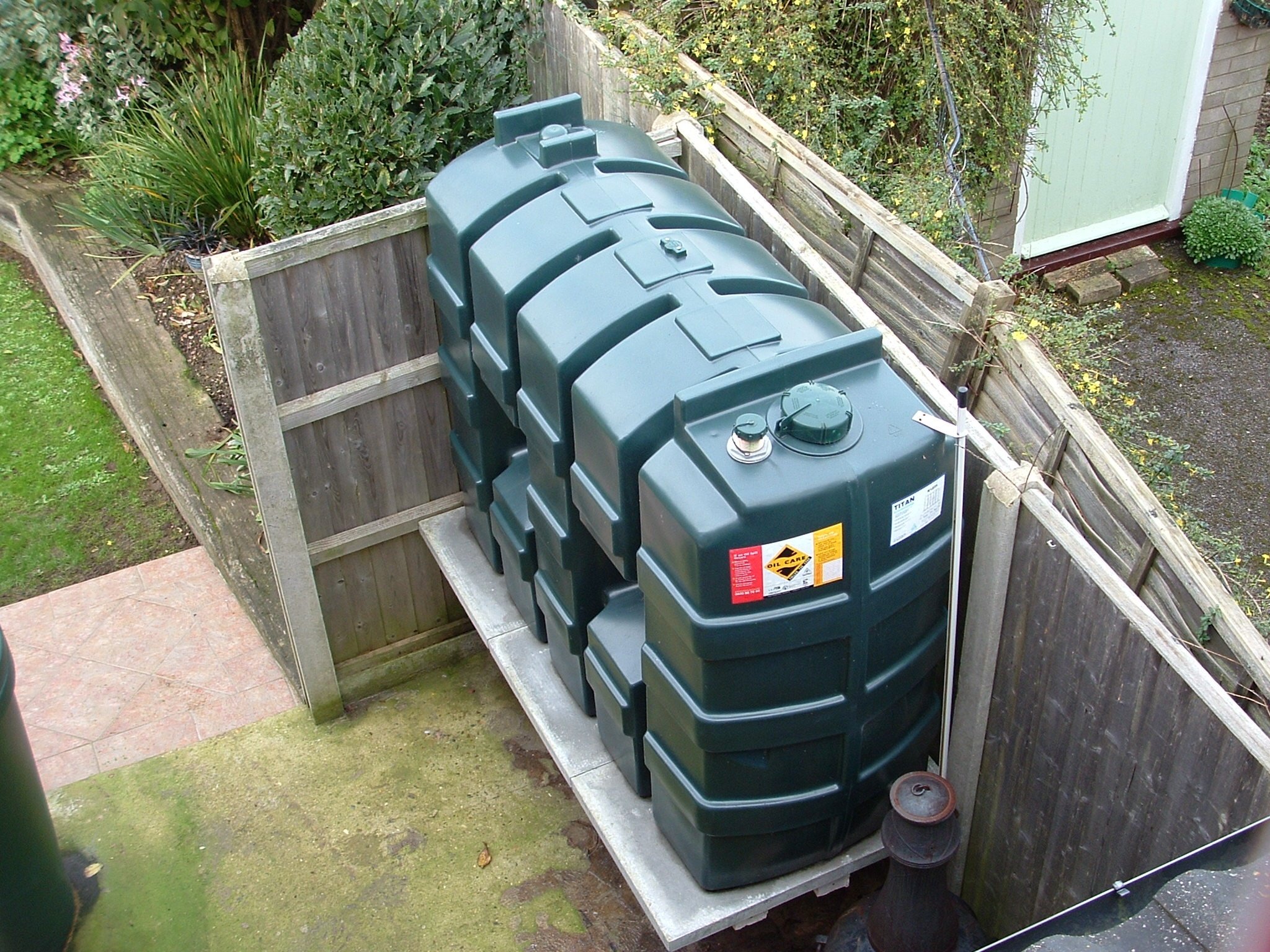 When you're looking to purchase a new home, there are plenty of factors to consider, from location to price to all the little details that will affect your lifestyle in a certain house. There's a lot of research to be done during the home buying process, and that includes looking into the type of fuel that will be used to heat your home and the implications of it.
When you're looking to purchase a new home, there are plenty of factors to consider, from location to price to all the little details that will affect your lifestyle in a certain house. There's a lot of research to be done during the home buying process, and that includes looking into the type of fuel that will be used to heat your home and the implications of it.
One of the most common yet often misunderstood types of heating is residential oil heat. While oil can be a great heating option, you should also know what to expect before you buy. So whether you're considering buying a home in an area that's primarily serviced by oil heat or you just want to learn more about the oil that heats your home today, there are a few key points to consider. In this post, we'll discuss what homeowners should know about residential oil heat including its advantages over other fuels and how emerging oil technologies are changing the industry for the better.
What to Expect When Using Oil to Heat Your Home
Purchasing a home that uses oil heat can be intimidating for buyers that aren't familiar with oil heating systems. To get an idea of how oil works to heat your home, there are just a few general principles you need to know.
To start, the most important component of the oil heating system is your oil tank. Your tank will be outfitted with a gauge that shows how much oil is left in the tank. Inside the house you'll find an oil furnace with an oil burner attached, which burns the oil to insure your comfort when a drop in temperature is detected in the house. To keep your system in working order, your system should be inspected annually and serviced regularly by a professional technician.
When you heat your home with oil, you can expect to be as involved or as hands-off as you want to be with your system. When it comes to supplying your tank with oil, you have two simple choices.
- "Self service": You can choose to buy your own oil independently from an oil company when or before you actually need it. The company will make one-time deliveries of oil to your tank. You can switch suppliers whenever you choose because you're not locked into a contract of any kind. This can be especially attractive as oil prices fluctuate (just like gasoline for your car), so you can always shop around. You'll have to keep an eye on your tank levels to ensure you have oil when you need it. With this setup, you'd also be responsible for scheduling your own maintenance and service appointments.
- "One stop shop": You can also contract with an automatic delivery service. Some homeowners choose this option because they find it essentially hassle-free. Your oil company will monitor and predict your usage and contact you to set up oil deliveries or fill your tank automatically when necessary. With automatic deliveries, you're less at risk of running out of oil. Most oil companies will also provide regular inspections and service for your tank automatically under these plans as well. You'll sign up with one provider for the long-term when you use this method, so there's less freedom to "shop around," but you may receive discounts for signing up for automatic service, making this option budget-friendly as well.
The amount of oil you'll need and the frequency of deliveries will depend on the size of the house and the average seasonal temperatures in your area. As a very general estimate, for a home of about 2000 square feet, you would probably need about 2-3 tanks of oil for a year. The amount of oil you'll need will also depend on the age of your heating system.
The Advantages of Oil Heat vs. Other Fuel and Heating Types

There are several advantages to using oil heat over other types of fuel to heat your home. First of all, oil is one of the safest ways to heat your home. Oil has a higher flame point than other fuels, and is therefore much harder to ignite accidentally. It's non-explosive and will not release flammable vapors in its liquid state. On the other hand, any leaks in the system are easily identifiable by smell and by smoke. If there's an issue with your system, you will know almost immediately.
Oil is also convenient to use in ways other fuels or heating types may not be. Heating oil is easily available in today's market and is abundant year-round, unlike natural gas and propane, which tend to run low during periods of high demand, as in the colder months of the year. Homeowners have the freedom to choose how they'd like to buy their oil, where they'd like to buy it from, and who will be inspecting and servicing their tank, providing a level of control that other types of fuel do not offer.
In comparison, oil heat is leader with optimum efficiency levels of 85-95%. Especially when using a newer oil furnace, very little oil is wasted in combustion gases during heating. In terms of BTU (British Thermal Units), the measurement of thermal energy, oil has much more heat energy per unit than other other fuels. In addition to the fuel itself, oil heating furnaces, tanks, and other system equipment tend to last much longer than other heating systems.Oil systems can last over 30 years longer than other fuel systems. As the system ages, it can lose some efficiency, though with regular maintenance, an oil system won't need replacing as often as other types.
Finally, compared to other fuels, oil is very cost-effective. Oil prices are generally decreasing across the country, and you can expect to pay less for oil than you would for other types of heat. Yearly costs for oil heat are consistently lower than natural gas and electric heat. The added ability to shop around and choose where you buy your oil can also lead to more potential savings. And because of its high BTU, oil delivers more energy per unit than gas, so you essentially get more heat for a lower cost. You'll find this especially important if you live in a large home or colder climate. Oil can be the value leader over gas or other heat sources due to the lower prices and higher energy content.
Oil Heat Misconceptions and Emerging Technologies
While there are so many choices for heating your home in the U.S. today, oil heat has gained an undeserved reputation for being old-fashioned and inefficient. In reality, this couldn't be further from the truth with today's technology. While old oil heat systems are a bit farther behind (yet still relatively efficient), new technologies are revolutionizing the oil heat industry as oil heat becomes more environmentally friendly than natural gas or electric heat in a few ways:
- Oil heat releases no methane, a harmful greenhouse gas released by other fuel options.
- All fuel-burning heating systems produce some CO2 emissions, but thanks to emerging technology in the newest oil systems and modern blends, oil heat can release fewer emissions overall than natural gas.
In light of these advancements, oil heat is actually on the cutting edge of eco-friendly heating options, surpassing electric and natural gas in terms of efficiency and emissions where it was traditionally known to fall behind. Choosing a home that uses oil heat can be one of the most eco-friendly decisions you make for the future.


